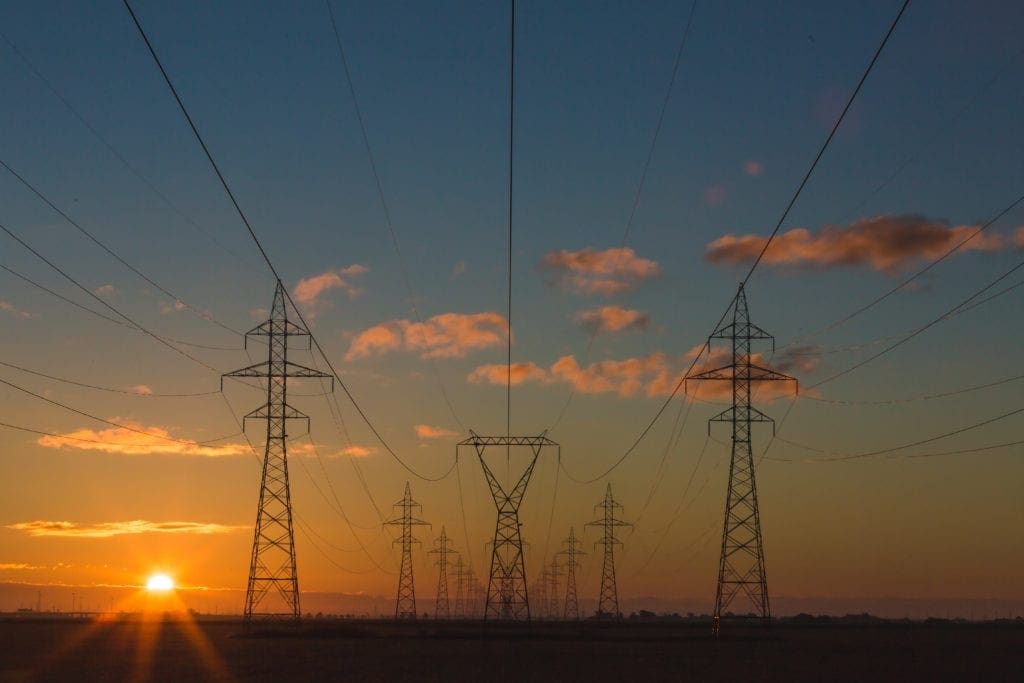Last week approximately hundreds of thousands of Californians lost power thanks to a preemptive outage that Pacific Gas and Electric and Southern California Edison implemented in order to stave off a wildfire risk.

Adam Summers of the Independent Institute provided some much needed context to this situation:
“Beginning today, PG&E announced that as many as 800,000 electricity customers in Northern and Central California, including about 250,000 in the Bay Area, could find themselves subject to the pre-emptive blackouts. Edison followed suit announcing that more than 173,000 Southern California residents could be affected by a similar action.”
The California state government has been very busy lately trying to find whatever spending “fix” it can to shore up its public utilities. Summers expanded on this:
“The blackouts come on the heels of the passage in July of Assembly Bill 1054, which will direct an additional $26 billion over 15 years toward utility safety improvements and financial backstops for the utilities in the event of particularly costly fires, and last year’s Senate Bill 901, another sweeping wildfire measure.”
None of this spending is just going to materialize out of thin air. Summers notes that $10.5 billion will come out of the taxpayer’s pocket “through a $2.50 charge on their monthly bills that dates back to the 2000-01 energy crisis and was scheduled to expire next year.” These funds function as a fallback insurance policy for utilities when wildfire costs go above regular coverage.
Funnily enough, this entire dilemma was started by the government in the first place. Summers broke down some of the changes California made regarding forest and wildland management:
“Over the years, California has shifted more of its focus and resources from mundane, but effective, preventative measures such as controlled burns, fuel breaks and forest thinning to more reactive, yet heroic, fire suppression (i.e., actually putting down fires once they have started). This has been encouraged by environmental interests who prefer “natural,” untamed growth, though it has brought catastrophic consequences.”
In early 2018, the Little Hoover Commission reported that this policy shift created dangerous levels of overgrowth. This leads to less fire-resistant forests that are more susceptible to droughts and beetle infestations. In the end, the forest fire dilemma is made even worse thanks to these policy changes.
Another point from Summers worth mentioning is the monopoly status that the “big three” California utilities — PG&E, Edison and SDG&E — enjoy. Through its “protection” of these companies from competition, and its policies which mandate “acceptable” prices, profit levels, energy sources, and other business practices,” the California state government has deprived consumers of energy choices while also disincentivizing the creation of affordable services that are both innovative and secure.
Under free market conditions, there would be increased competition and likely smaller, sleeker companies competing for clients through pricing, customer service, and safety. When government is involved, however, such benefits simply don’t emerge, or they take longer to manifest themselves in the marketplace.
Another significant yet unheralded factor when discussing California’s wildfire dilemma is the migration of residents into riskier areas thanks to the increased cost of urban living. Summers nails it in the following passage:
“High development fees, restrictive zoning ordinances, lengthy and litigious planning and environmental review processes, prevailing (union) wage laws for construction, rent control and “affordable housing” mandates that make building homes less profitable and less attractive, and unnecessary building standards and environmental regulations (such as the solar roof mandate that will add $10,000 to $20,000 to the cost of a new home starting next year) all serve to suppress the supply of housing and drive up costs significantly. This has pushed many people out of city centers into more fire-prone areas in search of cheaper housing.”
In effect, we see many ways the government has contributed to this precarious situation. Summers offers a series of alternatives to combat the wildfire threat, such as “protecting private property rights and allowing greater use of brush clearing, fire breaks and logging; freeing markets to allow for more truly affordable housing in less fire-prone urban and suburban areas; and allowing real competition in energy markets so that providers have the greatest incentives to keep prices low and safety standards high.”
What California needs is a back to basics approach that emphasizes economic freedom and voluntary action. This doesn’t sound as appealing as conventional legislative solutions which either have taxpayers forking over billions of dollars or the government brashly stepping in to supposedly make things right. While market solutions are often not very sexy, they are, however, the most effective means of solving many societal issues in a more effective manner than the typical short-sighted responses we usually see from government.

























